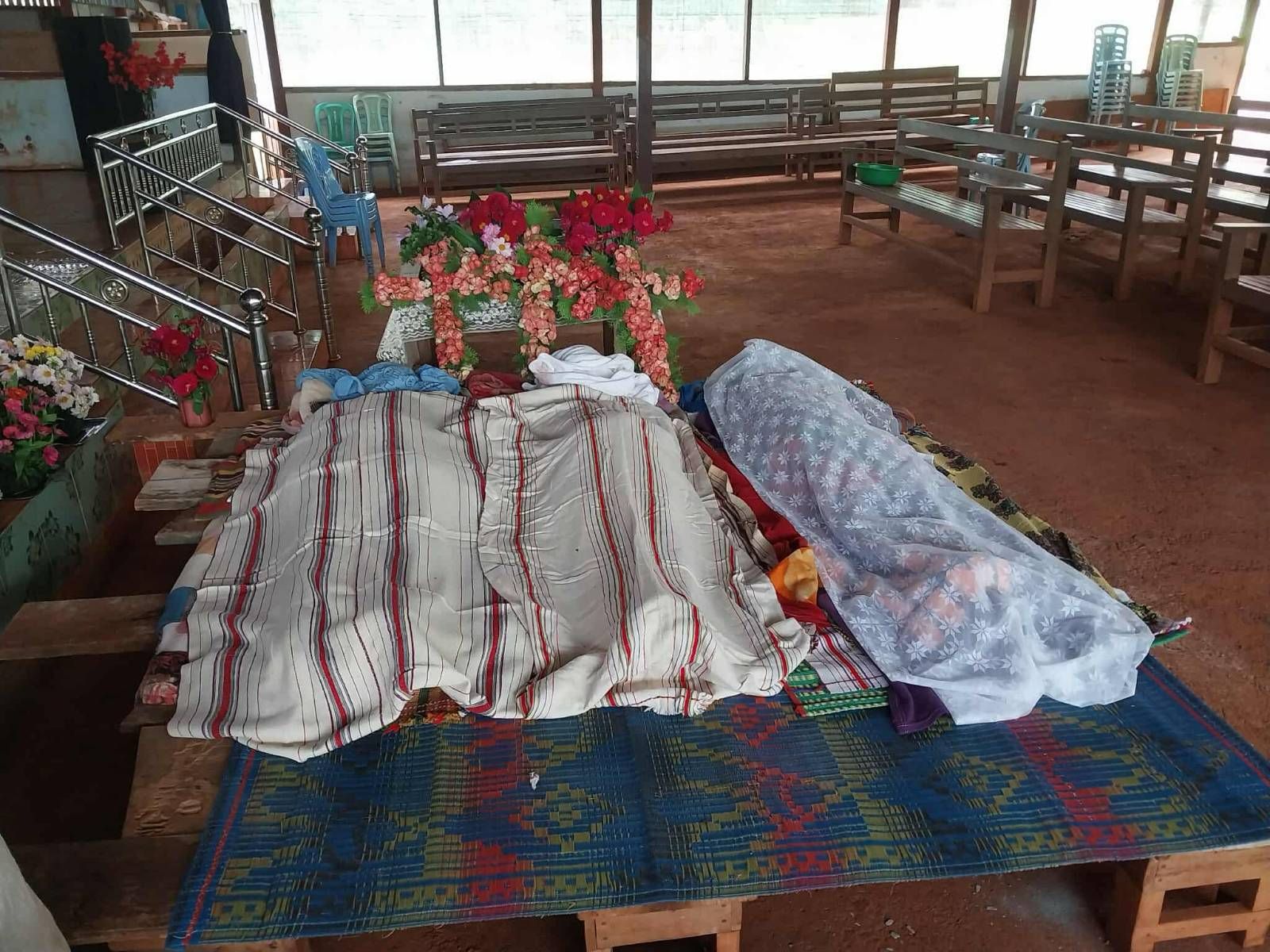Burma Crisis: Holding the Line for Civilians and Democracy
- Escalating air strikes threaten civilians and schools
- Millions are displaced and in urgent need of aid
- UN bodies condemn the violence, while action lags
- The forthcoming vote looks hollow without real participation
- America should stand for human dignity and democratic rights
Over the past month, the Burma army has stepped up airstrikes nationwide, terrorizing civilians and destroying schools. The toll includes children killed and families torn apart, with many communities left in ruins. This is not a distant conflict; it is a daily horror that demands firm, principled response.
Since the February 2021 coup, peaceful protests were met with deadly force and the government collapsed into chaos. More than 7,200 people have died at the hands of security forces, and a stubborn insurgency now tests the junta’s grip. The regime fights back with air power against civilians who simply want freedom.
Today more than 3.5 million people are internally displaced, and millions have fled across borders in search of safety. The humanitarian crisis is everywhere, with food, medicine, and shelter in short supply. The regime clings to power through emergency rule and heavy-handed repression.
According to Free Burma Rangers, mortars fired by Burma Army Light Infantry Battalion 102 struck Daw Byar Khu Village, killing a grandmother, mother, and father along with three children. The strike also wounded three children, leaving a family ripped apart in a single moment. The human cost shows how civilians bear the brutal consequences of this conflict.
FBR asked everyone around the world: “Please pray for their physical and emotional healing, and for comfort as they face the devastating loss of their family. This is evil, and we remain committed to stand with the people of Burma.”
On September 12, 2025, the Burma army carried out its most egregious attack of the year, an airstrike on a boarding school complex in Thayat Tabin village, Kyauktaw Township, Rakhine State. A military jet dropped two 500-pound bombs on a high school as students slept, killing at least 22 people, mostly children, and injuring more than 20 others. It was one of the deadliest assaults on schools since the military takeover in February 2021 and compounded the suffering of civilians in Rakhine, where communities of all ethnicities face constant attacks, displacement, and starvation.
Such strikes follow a grim pattern of school bombings across the country that have left children dead or wounded. Such indiscriminate strikes on civilians may amount to war crimes or crimes against humanity, and attacks on children are particularly heinous.
UNICEF condemned the attacks, stating that children and families are paying the ultimate price and emphasizing that schools, homes, and essential services must remain safe. But the military junta is ignoring UNICEF and the UN, and anyone caught in this conflict can see the arrogance of well-paid delegates sitting in an office in Geneva or New York, believing you are doing meaningful work by writing letters of condemnation. Neither UNICEF nor the UN are on the ground in Burma, and without guns, no one is changing anything.
The military has sharply escalated its aerial bombardments, devastating civilian areas and worsening an already dire humanitarian crisis. Between January and May 2025 alone, the junta carried out more than 1,134 airstrikes, a steep rise from previous years. These assaults are part of its push to crush pro-democracy forces and tighten control ahead of a general election set for December.
The junta has announced an election for December, but until then dictator Min Aung Hlaing continues to rule as acting president. The vote is already widely dismissed as a sham, with opposition and pro-democracy parties barred from participating. The junta-appointed Union Election Commission (UEC) has ruled out voting in 121 constituencies for the first phase of the December 28 election.


Leave a Comment